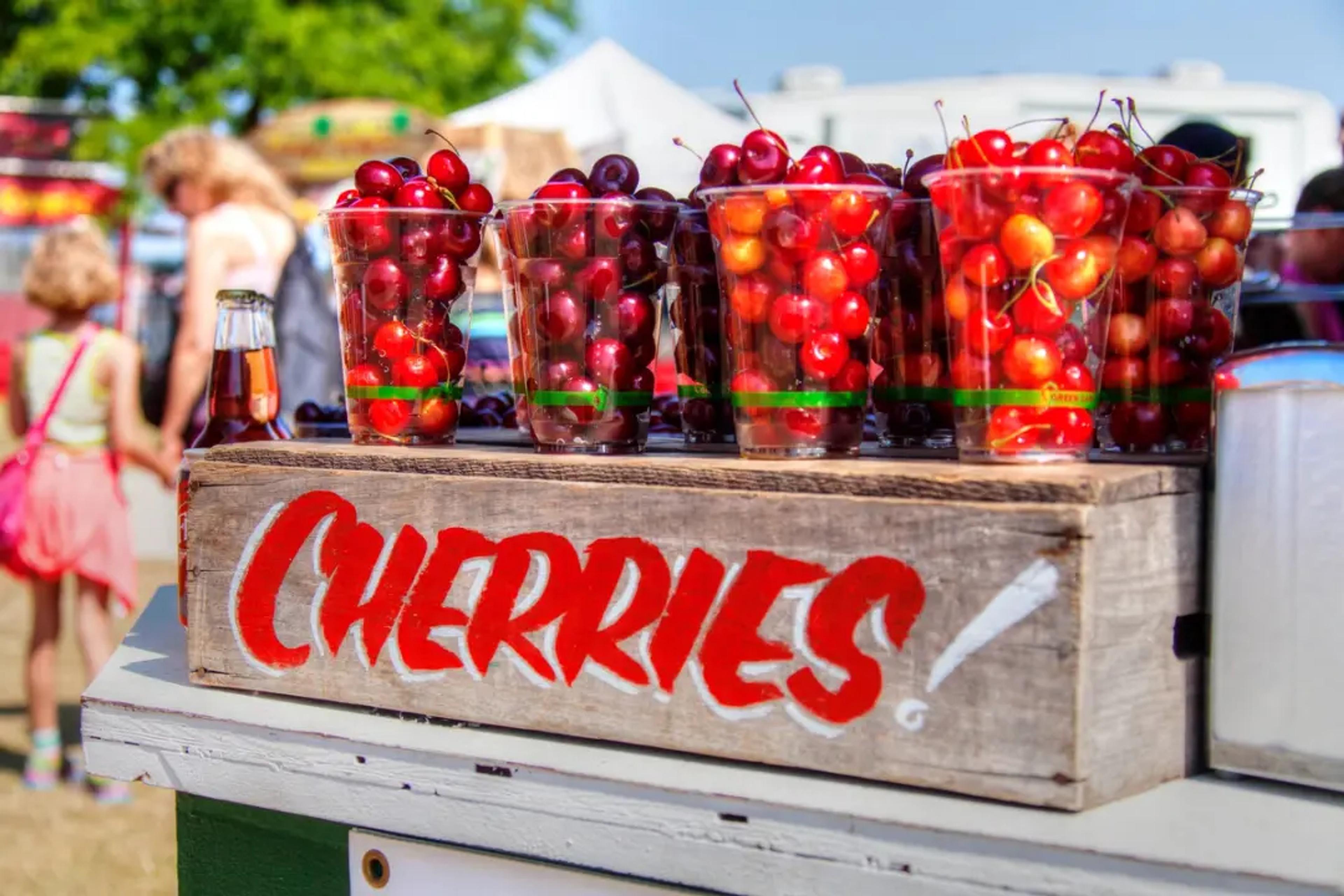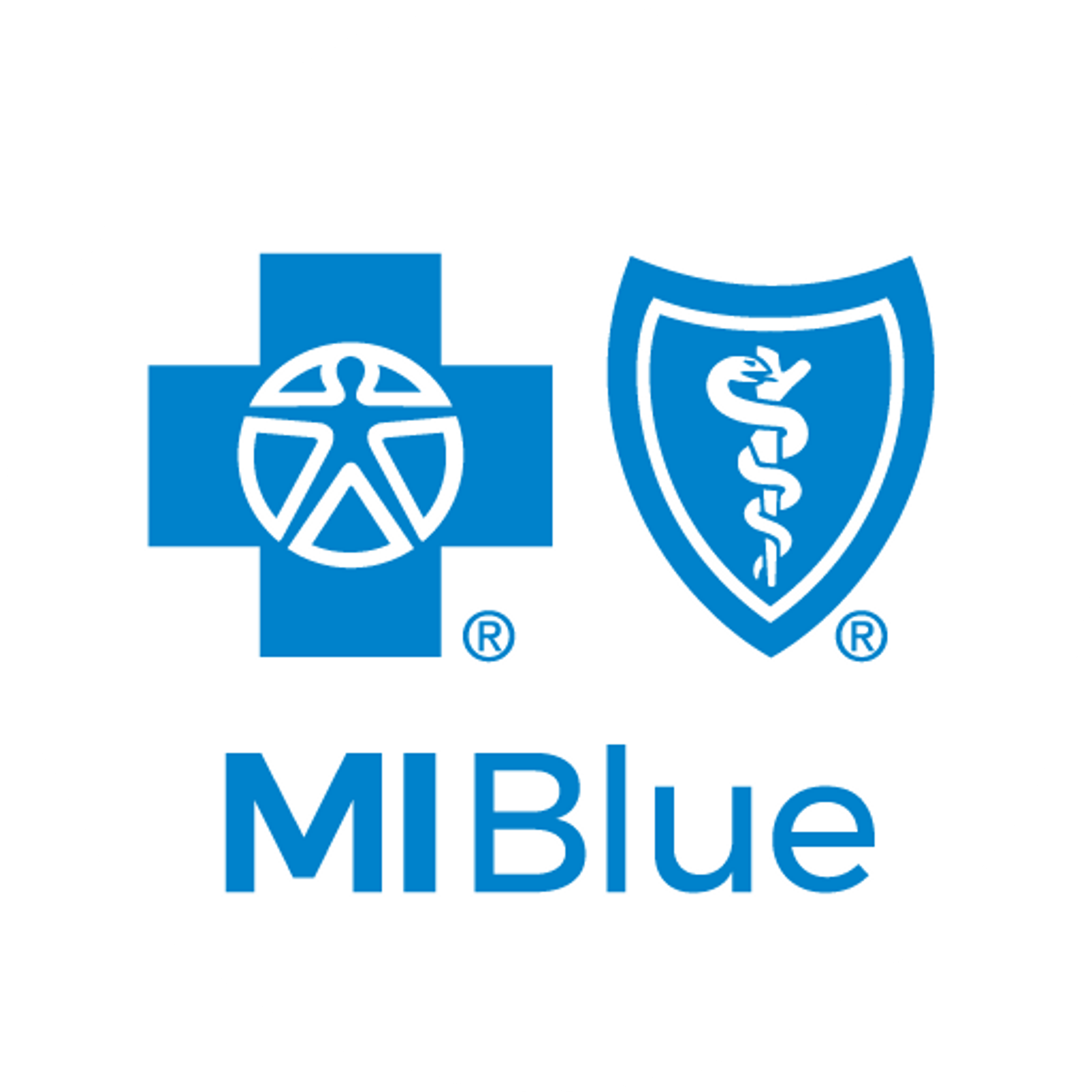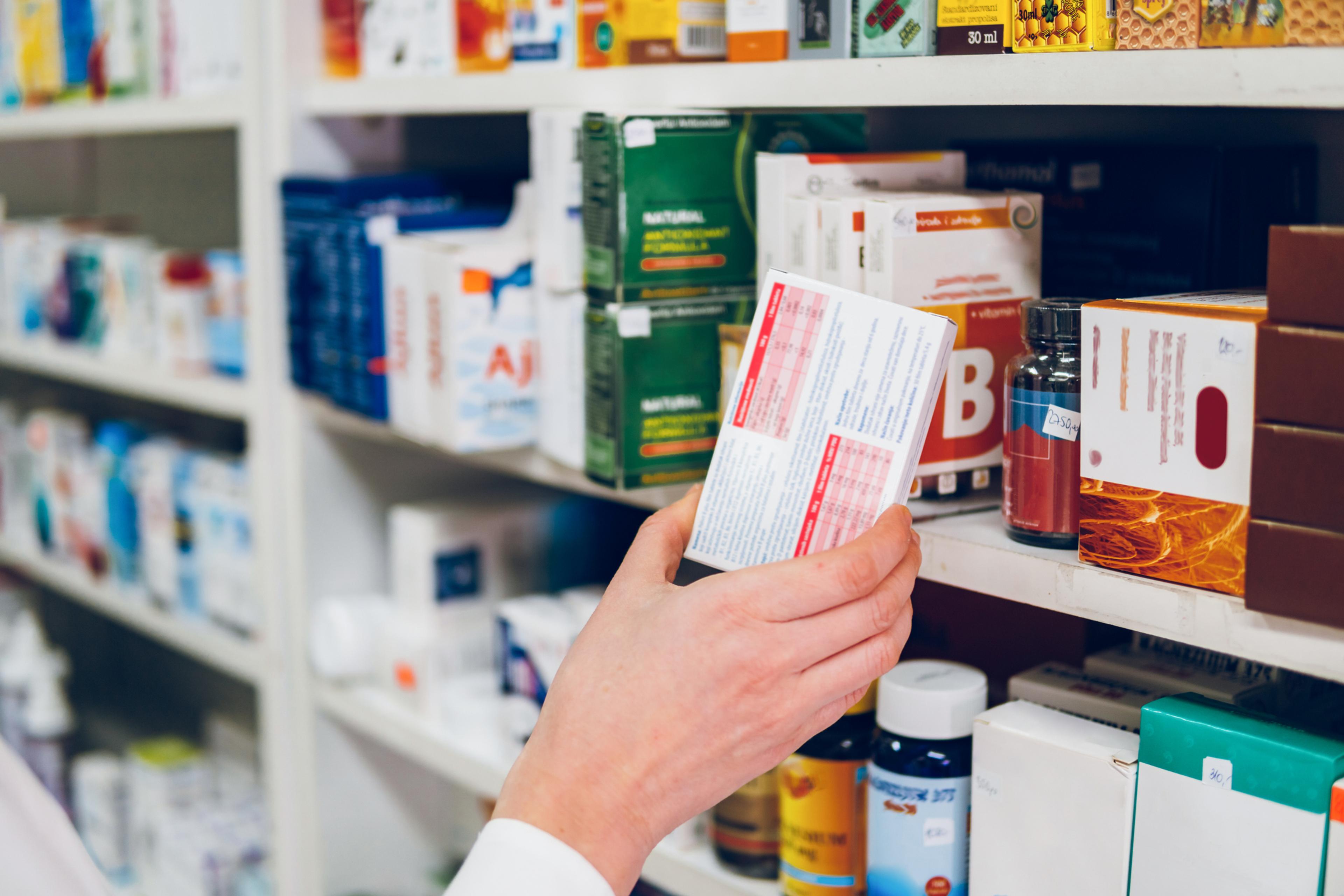
On this episode, Chuck Gaidica is joined by Shanthi Appelö, registered dietitian for Blue Cross Blue Shield of Michigan. Together, they explore the benefits of summer fruits across the state of Michigan.
In this episode of A Healthier Michigan Podcast, we explore:
- Fruit that is in season and their benefits
- Tips for u-pick farms
- Strategic ways to get your daily serving of fruit
- Ways to make your fresh fruit last longer
Michigan fruits in season in summer
Michigan is home to quite a few fruits, from cherries and raspberries to cucumbers and melons, that you can find at local grocery stores or Michigan U-Pick farms through the summer. You can often find Michigan-grown produce at local grocery stores and supermarkets.
Summer fruit and veggie seasons in Michigan include:
- Beginning of June:
Beans, blackberries, squash, strawberries, rhubarb - End of June:
Cherries - Beginning of July:
Cantaloupe, cucumbers, eggplant, nectarines, peaches, peppers, raspberries - End of July:
Beets, blueberries - Beginning of August:
Apples, Asian pears, cabbage (second growing season), sweet corn, tomatoes, watermelon
Many of these summer fruits are great sources of fiber, according to Appelö. Raspberries have 8 grams of fiber in one cup. Pears have 5.5 grams of fiber per cup, and for strawberries, a cup provides 3 grams. Women should get about 25 grams and men should get up to 38 grams of fiber daily.
Tips for picking summer fruits and picking at U-pick farms
When choosing summer fruit, whether at the store or at a U-pick farm, it’s important to consider both climacteric and non-climacteric fruits. Climacteric fruits give off ethylene gas and continue to ripen after picking. That also means that when they are around other fruits and vegetables, they're going to give off this gas to promote them to continue to ripen, so store climacteric fruits on their own, since this gas can cause nearby fruits to ripen as well.
While you can pick climacteric fruits, like peaches or bananas, before they’re fully ripened, you cannot do this with ant-climacteric fruits, like cherries or berries, since they don’t continue to ripen after picking.
“So whenever we're thinking about picking strawberries, for example, it's going to be non-climacteric, which means it's not going to continue to ripen,” Appelö said. “When it comes to peaches, if you know that you're going to eat a peach maybe in three days, maybe you don't want to pick the most ripe one that is super juicy and fresh.”
Tips for getting a daily serving of fruit
You don’t have to have all your daily fruit in one serving. It can be easier to include fruit in snacks, smoothies, salads, and other dishes throughout your day. Here are some suggestions for ways to include healthy summer fruits in your daily routine.
- Fruit on toast with low-fat cottage cheese
- Adding fruit into salads
- Scooping melon balls for snacks
- Adding frozen berries into smoothies, oatmeal, or cereal
Ways to make Michigan summer fruits last
Remember to store the climacteric and non-climacteric fruits apart from each other so you don’t get any surprise ripening of fruits after you bring them home. Make sure to keep your refrigerator and pantry clean. “You want to prevent mold and bacteria from flourishing that's already in there and can get on your fruit,” Appelö said. “And fruit is a place that mold and bacteria really likes to grow on, because it's got sweetness and it's got water source.”
It’s also better to keep fruit whole instead of prepping it or slicing it ahead of time. While this can be convenient, it also increases the exposed surface area and makes fruit go bad sooner.
Listen to the podcast, Benefits of Michigan Summer Fruit, to hear the entire conversation. A Healthier Michigan Podcast is brought to you by Blue Cross Blue Shield of Michigan.
To hear more episodes on your smartphone or tablet, subscribe on Apple Podcasts or Spotify or your favorite podcast app.






